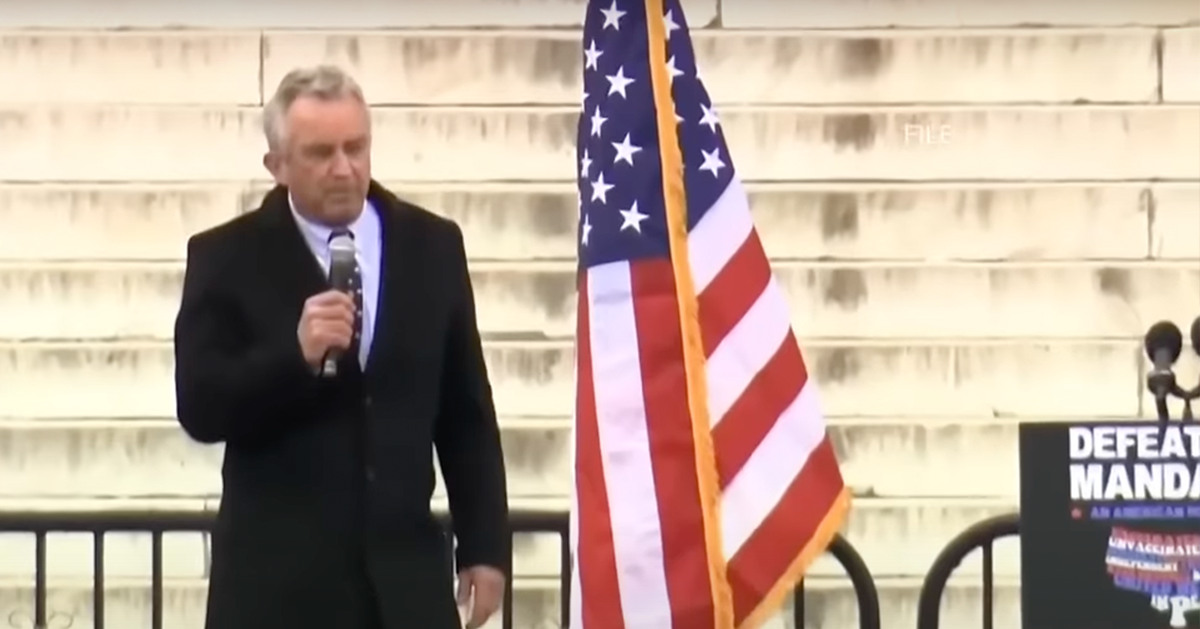Trump sidesteps Congress to halt foreign aid
President Donald Trump has taken a controversial step by employing a pocket rescission strategy to delay $4.9 billion in foreign aid without the need for congressional approval, a move that could have serious political repercussions, as ABC 3340 reports.
This decision, which affects the State Department and USAID, has been criticized by Democrat leaders as illegal and risky, with potential implications for a government shutdown.
On Thursday, Trump informed House Speaker Mike Johnson of his intention to use this procedure to prevent the expenditure of unconstitutionally approved world assistance funds.
The pocket rescission allows the president to let funds lapse by not allocating them within a specified timeframe, rendering them unspent, which is subject to a 45-day non-action period during which Congress cannot intervene.
Historical context of pocket rescissions
Trump's decision to utilize this executive tool is a rare one, not seen since President Jimmy Carter last employed it in 1977. The pocket rescission's timing is deliberate, being close to September 30, the fiscal year end, ensuring the funds expire without use, affecting major departments like USAID and the State Department.
The Impoundment Control Act of 1974 grants the president the authority to defer spending funds designated by Congress. Trump's administration is using this Act to justify its actions, framing them as legally sound. However, this interpretation remains contentious, attracting significant criticism from political opponents.
The administration previously attempted measures to diminish USAID's reach, including an effort in February to significantly reduce foreign aid contracts, consolidating them under the State Department's jurisdiction.
In a related move, the House greenlighted Trump's request to withdraw approximately $9 billion allocated for public broadcasting and foreign aid in July, showcasing a pattern of seeking to reduce international aid spending.
Democrats voice strong objections
Senate Minority Leader Chuck Schumer was vocal in his criticism of Trump's actions, labeling them as unlawful and cautioning about a looming governmental closure. Schumer highlighted the proximity of the impending financial deadline, pointing to the Sept. 30 cutoff as a critical juncture for government funding.
Schumer took to the nationwide news and social media platform X to articulate his concerns, accusing Trump and the Republican segment of Congress of lacking a coherent plan to avert what he termed as "a painful and entirely unnecessary shutdown." He argued the decision could harm American citizens by increasing healthcare costs, endangering fundamental services, and compromising national security.
Furthermore, Schumer expressed his alarm over the possible negative implications of the rescission on the broader economic and social environment, citing specific areas that could be severely impacted. Schumer's statements underscore the tension between the legislative and executive branches over budgetary control and the administration's latest maneuver.
Court rulings add complexity
Adding to the complexity of the situation is a recent ruling from a federal appeals court, which determined that the Trump administration possesses the authority to delay or end billions of dollars in foreign aid previously sanctioned by Congress.
This ruling supports the administration's actions to some extent, providing a legal foundation for their decisions, albeit contentious.
As the government funding deadline approaches, the uncertainty surrounding the decision may pose significant political and economic challenges. The situation signals a potential clash between the executive and legislative branches and raises concerns about the balance of power within the federal government.
Observers and political analysts are closely monitoring the impacts and the response from Congress. The tension between the branches reflects larger debates about executive authority and the appropriate extent of presidential power concerning budgetary decisions.
Implications for federal operations awaited
The current scenario raises critical questions about government stability and the long-term implications of utilizing contentious executive actions. As the fiscal year deadline draws near, the stakes remain high, threatening potential disruptions in government operations if a resolution isn't reached.
While the administration maintains its justifications for the rescission, legislative leaders like Schumer continue to challenge its legal and ethical grounds, invoking the potential impact on American society. The intricate dynamics unfolding bear watching, as they have ramifications for U.S. policies and international relations, influencing how aid and diplomacy are conducted.
The resolution of this budgetary conflict will be pivotal in determining the course of U.S. domestic and foreign strategy, and the unfolding events may set a precedent for how future budgetary confrontations are managed between the different branches of government.





